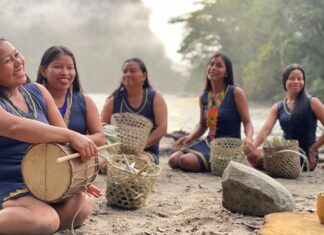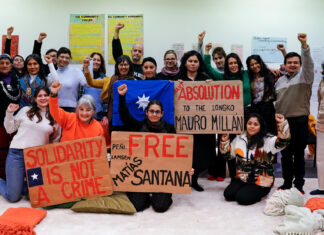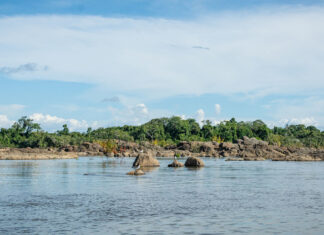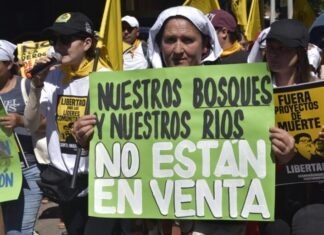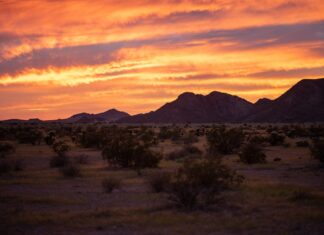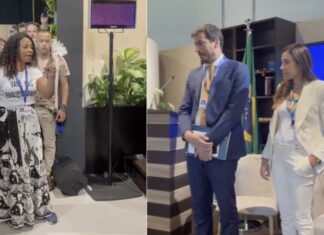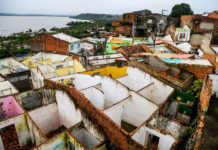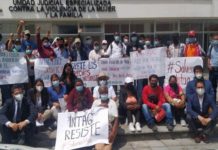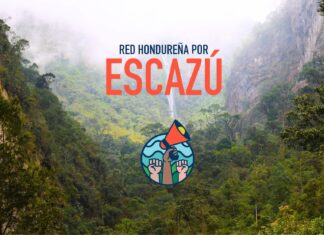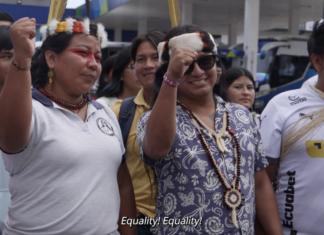The Heart of Our Earth : Community Resistance to Mining in Latin America
What is 'The Heart of Our Earth'?
- A book. Published by LAB and Practical Action Publishing in 2023. The Heart of Our Earth is written in compelling, straightforward language you don’t need to be an expert to read. It charts the activities of multinational mining companies in Latin America, the effects on local communities, and the ways in which they are resisting and fighting back.
- A website. This website provides a space for additional reading, multimedia material, and comment, beginning now and continuing long after the book is been published. We also encourage the affected communities to contribute. Follow our project-specific Facebook and Instagram pages to keep updated on Latin American mining news.
- Events. With our partners in the project we will prepare events on mining and communities directed at policymakers, companies, investors, and the general public. Get in touch to invite us to speak at an event.
Why mining?
Across Latin America, mining has expanded massively in recent decades. Vast landscapes have been stripped to feed the factories of Europe, North America and Asia – and not only in traditional mining regions, but also in hitherto pristine areas in places like Argentine Patagonia, the Amazon Rainforest and the Guatemalan Highlands. But communities aren’t taking this lying down. All over the region, hundreds of affected communities have been fighting to protect their land, their water, and their traditional ways of life – and in some cases have achieved some remarkable victories, with lessons for social movements and environmental activists everywhere.
‘Green’ technologies, especially the soaring demand for batteries for electric vehicles and energy storage, will vastly increase demand for copper, lithium, nickel, cobalt and other minerals and pile further pressures on communities, water resources and the environment.
Why does this matter?
Mining is one of the dirtiest, most destructive industries in the world. It consumes massive quantities of water and generates vast amounts of toxic waste. It devastates biodiversity and is one of the sectors most to blame for the global climate emergency. With life-changing impacts on communities who live close to operations, opposition is inevitable. But all too often this is met with harassment, threats and violence. In the context of the Covid-19 pandemic, governments have designated mining an “essential activity”, despite clusters of the disease developing at mining sites, with consequences not only for the health of workers, but also local communities already suffering from mining-related health conditions. Moreover, there is mounting evidence that mining companies are using the pandemic to bulldoze opposition and secure regulatory changes in their interest.
Who is the project for?
- Students and academics working in disciplines such as geography, development studies, anthropology, Latin American Studies, and others.
- Journalists, NGOs, and businesses doing work in the region, particularly on mining and other extractive industries.
- Activists, campaigners, and members of social movements everywhere who wish to learn from the Latin American experience.
- Investors concerned with understanding what their money is used for.
- Social movements and activists in Latin America, so they can link up and share their experiences.
Events
The Heart of Our Earth Book Launch, Lumen, Central London, 30 March 2023
London Mining Network’s Resisting Mining Book club, online, 19 July 2023
‘Mining and Environmental Justice in Latin America: A Closer Look’, webinar 28 September, 2023
Presentation at University of Essex for module on “Contemporary Challenges in Latin America”, 2 November 2023
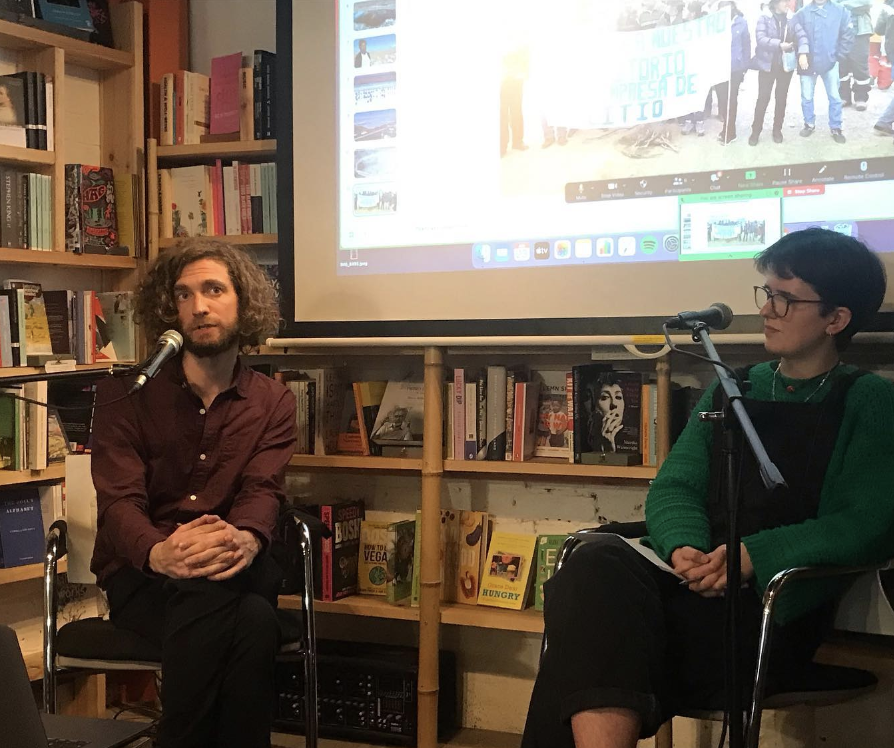 (Above) Tom Gatehouse at Morocco Bound bookshop in conversation with Suzie Beckley.
(Above) Tom Gatehouse at Morocco Bound bookshop in conversation with Suzie Beckley.
News about mining
Yuturi Warmi, Ecuador’s first Indigenous guard led by Kichwa women
Moira Millán: urgent situation of Indigenous people in Patagonia
Belo Sun Mining seeks to criminalise Amazon defenders
El Salvador: state of deception
Mexico: life and death fight with a mining company
COP28: protest against Brazilian miner Vale’s ‘demagogy’
London Mining Network Blog
Brazil: mine subsidence destroys Pinheiro
Ecuador: Intag stands up to mining
Mining: democracy comes from the street
Funding
Thanks very much to all of our Crowdfunder donors who've supported the project throughout. Thanks also to Network for Social Change for generously supporting the later stages of the book project. If you'd like donate towards this project, please click here.














